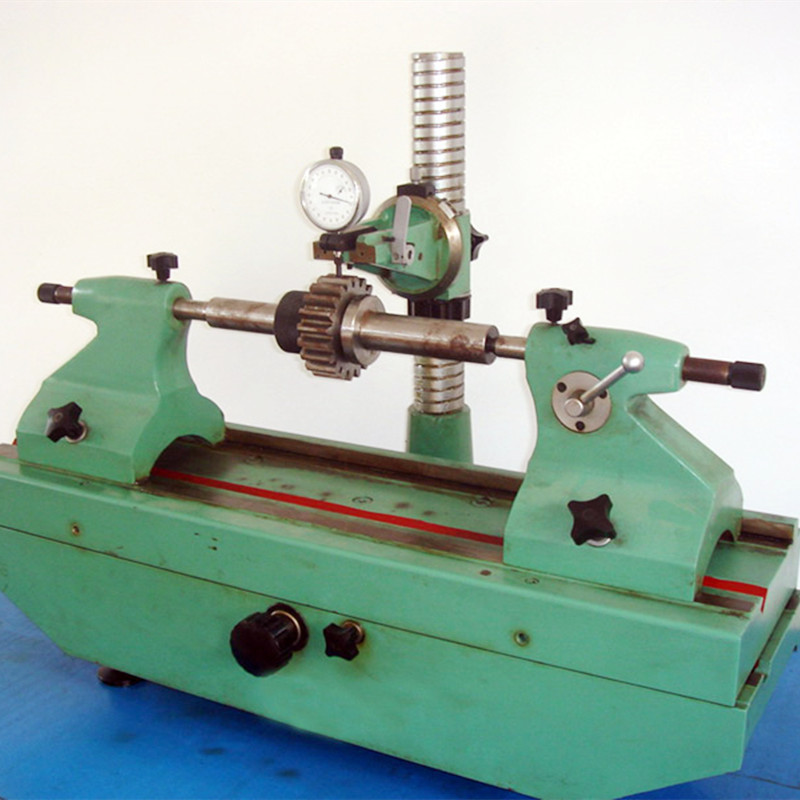Dec . 19, 2024 01:32 Back to list
Water Control Valve for Efficient Shut-Off in Plumbing Systems
Understanding Water Shut Off Valves Importance and Functionality
Water shut off valves are critical components in plumbing systems, primarily designed to control the flow of water in residential, commercial, and industrial settings. These valves play a vital role in managing water supply, ensuring safety, and preventing potential damage due to leaks or bursts in pipes. This article explores the significance of water shut off valves, their types, installation processes, and maintenance tips.
Importance of Water Shut Off Valves
The primary function of a water shut off valve is to stop the flow of water when necessary. This can be crucial in various scenarios, such as plumbing repairs, routine maintenance, or emergencies where water supply needs to be halted quickly. Here are some critical reasons why these valves are essential
1. Emergency Response In the event of a leak or burst pipe, a shut off valve allows homeowners and maintenance workers to swiftly stop water flow, minimizing water damage and facilitating a quicker response to the situation.
2. Maintenance and Repairs When performing plumbing repairs, it is necessary to isolate water supply lines to ensure the safety of both technicians and residents. Shut off valves make this process more manageable and safer.
3. Water Conservation By allowing for localized control of water supply, shut off valves can contribute to conservation efforts. For instance, if only a section of a home’s plumbing needs water, the specific valve can be closed to reduce overall water usage.
4. Control and Regulation Shut off valves also aid in regulating water pressure within a system, providing better control of flow rates and pressure levels, which can be crucial in many applications.
Types of Water Shut Off Valves
There are several types of shut off valves, each suitable for different applications and systems. Some common types include
1. Gate Valves Best used for on/off control, gate valves provide minimal flow restriction when fully open. However, they are not ideal for frequent on/off operations due to the wear on the gate mechanism.
2. Ball Valves Recognized for their durability and reliability, ball valves offer a tight seal and can be operated with a simple quarter turn. They are excellent for both residential and commercial applications.
3. Globe Valves These valves are used for throttling flow in addition to shutting it off. They are designed for precise flow control but can create a significant pressure drop when fully open.
4. Stop Valves Often found in household plumbing, stop valves are used to control individual fixtures such as sinks or toilets. They are generally easy to operate and provide quick access for user control.
water shut off valve

Installation of Water Shut Off Valves
Installing water shut off valves is a relatively straightforward process but requires some basic plumbing knowledge. Here are the essential steps
2. Shutting Off Water Supply Before installation, ensure that the main water supply is shut off to avoid any accidental leaks or flooding.
3. Cutting the Pipe Using a pipe cutter, cut the section of the pipe where the valve will be installed. Make sure the cut is clean and smooth for optimal sealing.
4. Fitting the Valve Position the valve and secure it in place using appropriate fittings. For threaded connections, ensure the threads are wrapped with Teflon tape to prevent leaks.
5. Testing for Leaks Once installed, turn the water supply back on gradually and check for any leaks around the valve.
Maintenance Tips
To ensure the longevity and effectiveness of shut off valves, regular maintenance is essential. Here are some tips to keep in mind
1. Exercise the Valve Regularly operate the valve to prevent it from seizing up. This is especially important for gate valves, which can become stuck if not used.
2. Inspect for Leaks Regularly check for any signs of leaks or corrosion around the valve and fittings.
3. Keep Accessible Ensure that shut off valves are easily accessible and free of obstructions to facilitate quick shut off in emergencies.
4. Yearly Check Make it a habit to inspect all shut off valves annually, replacing any that are damaged or worn out.
In conclusion, water shut off valves are indispensable in managing water flow and ensuring safety in plumbing systems. By understanding their importance, types, installation procedures, and maintenance, homeowners can effectively protect their properties from potential water-related mishaps.
-
Precision Manufacturing with Advanced Spline Gauge DesignNewsJul.31,2025
-
Industrial-Grade Calibrated Pin Gauges for Exact MeasurementsNewsJul.31,2025
-
Industrial Filtration Systems Depend on Quality Filter DN50 SolutionsNewsJul.31,2025
-
High-Performance Gate Valve WholesaleNewsJul.31,2025
-
Granite Surface Plate The Ultimate Solution for Precision MeasurementNewsJul.31,2025
-
Granite Industrial Tools The Ultimate Guide for Bulk BuyersNewsJul.31,2025
Related PRODUCTS









